Dr Lily Neo and Aiyana Chua
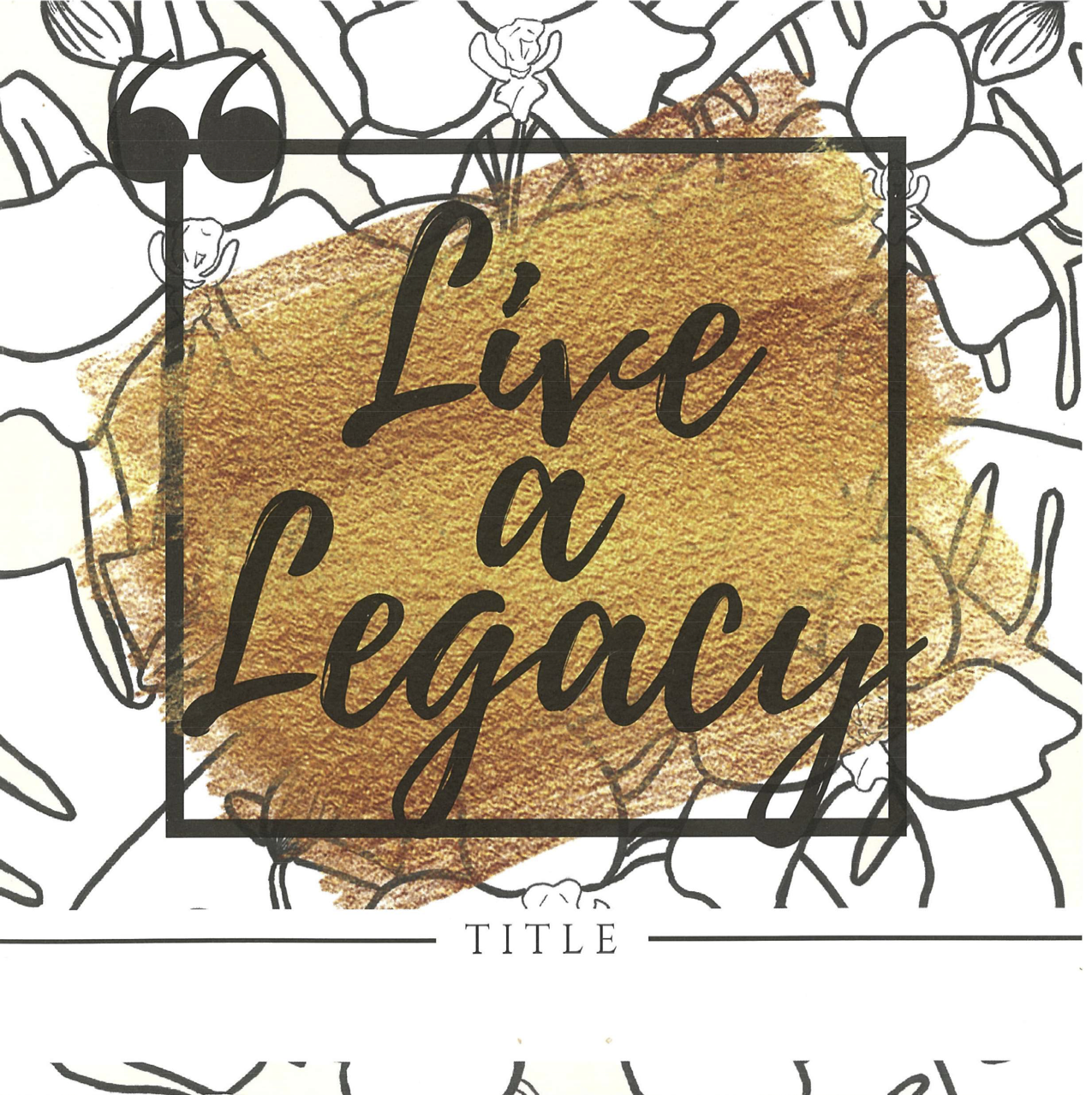
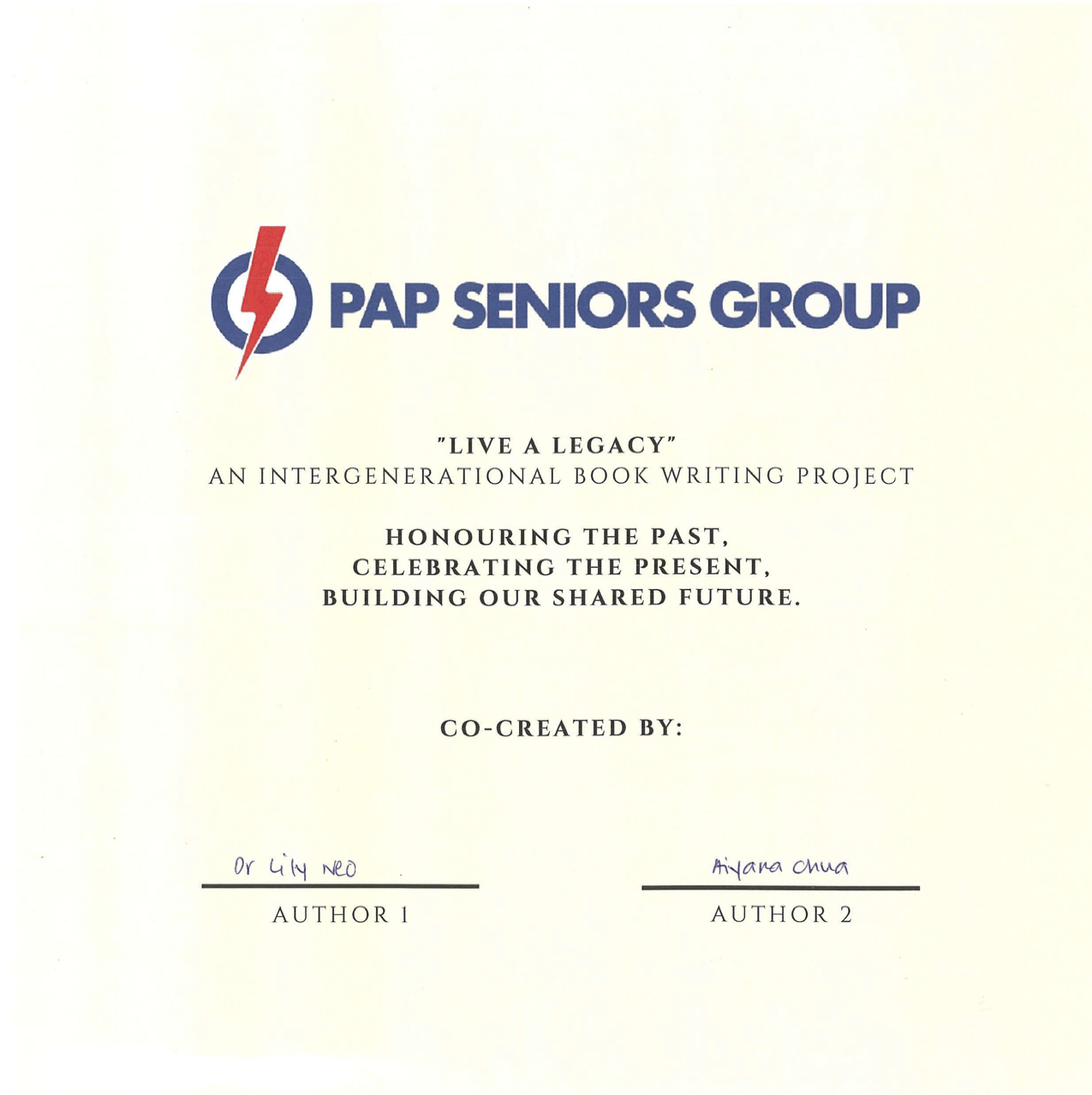
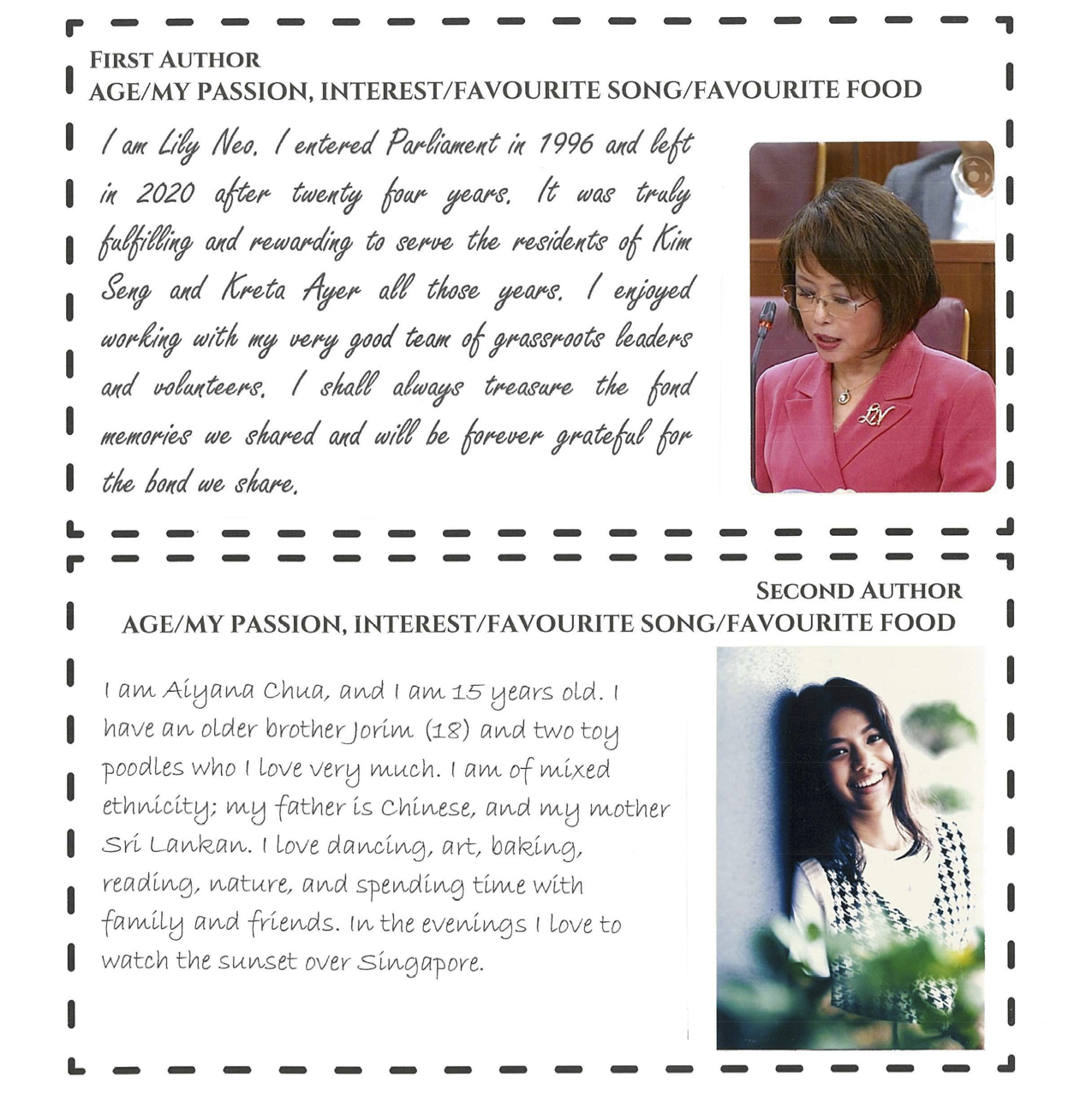
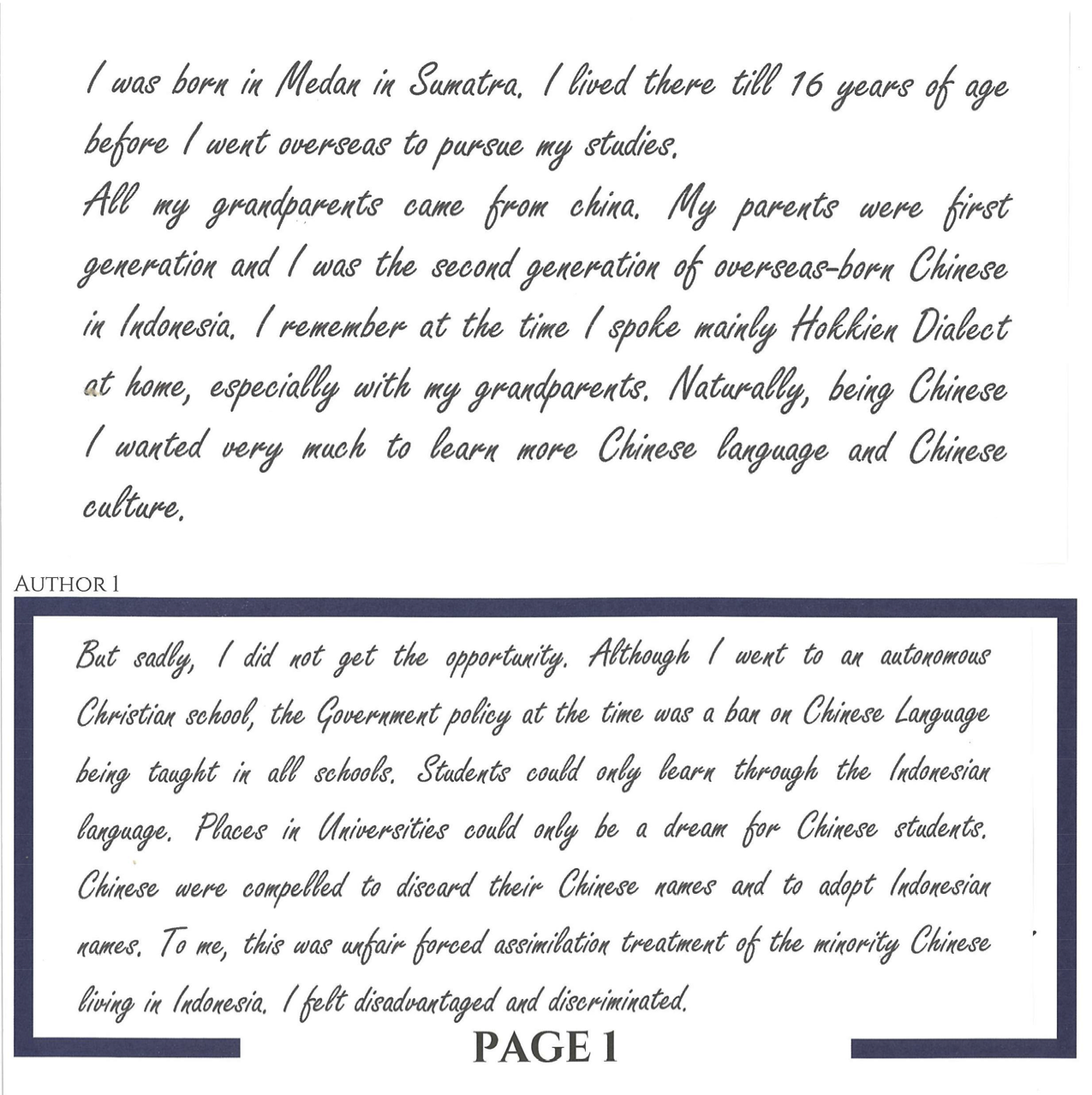
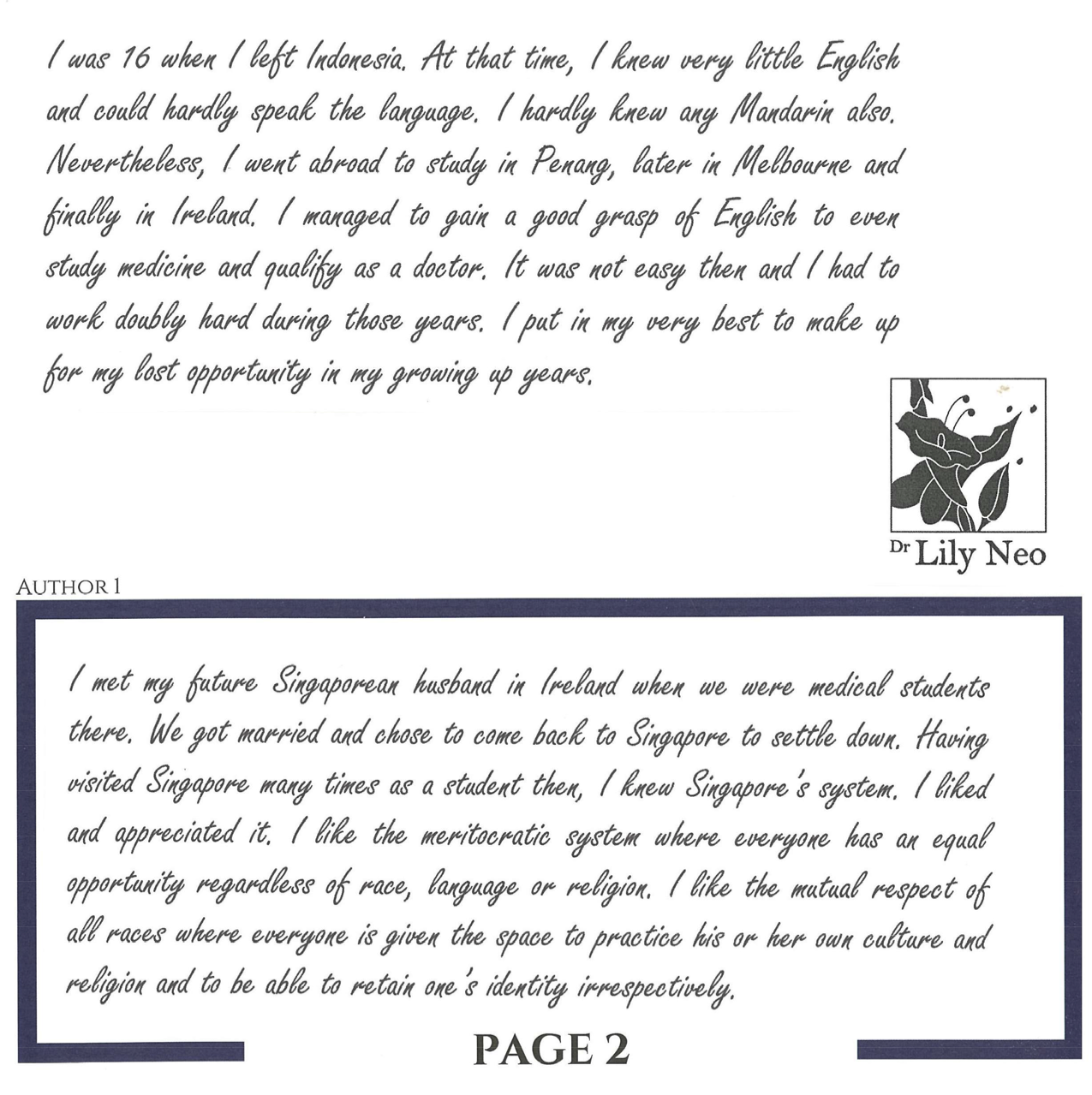
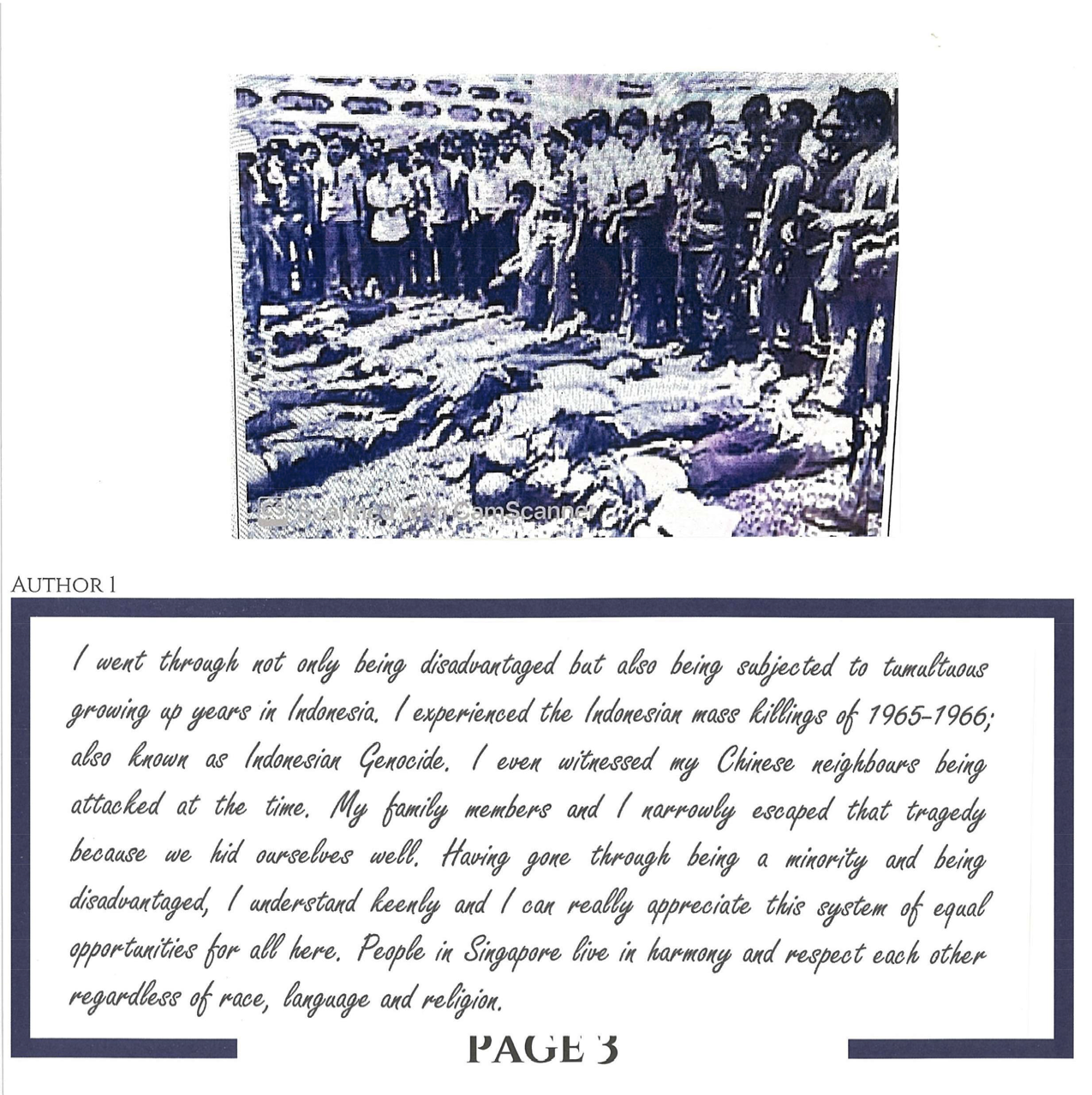
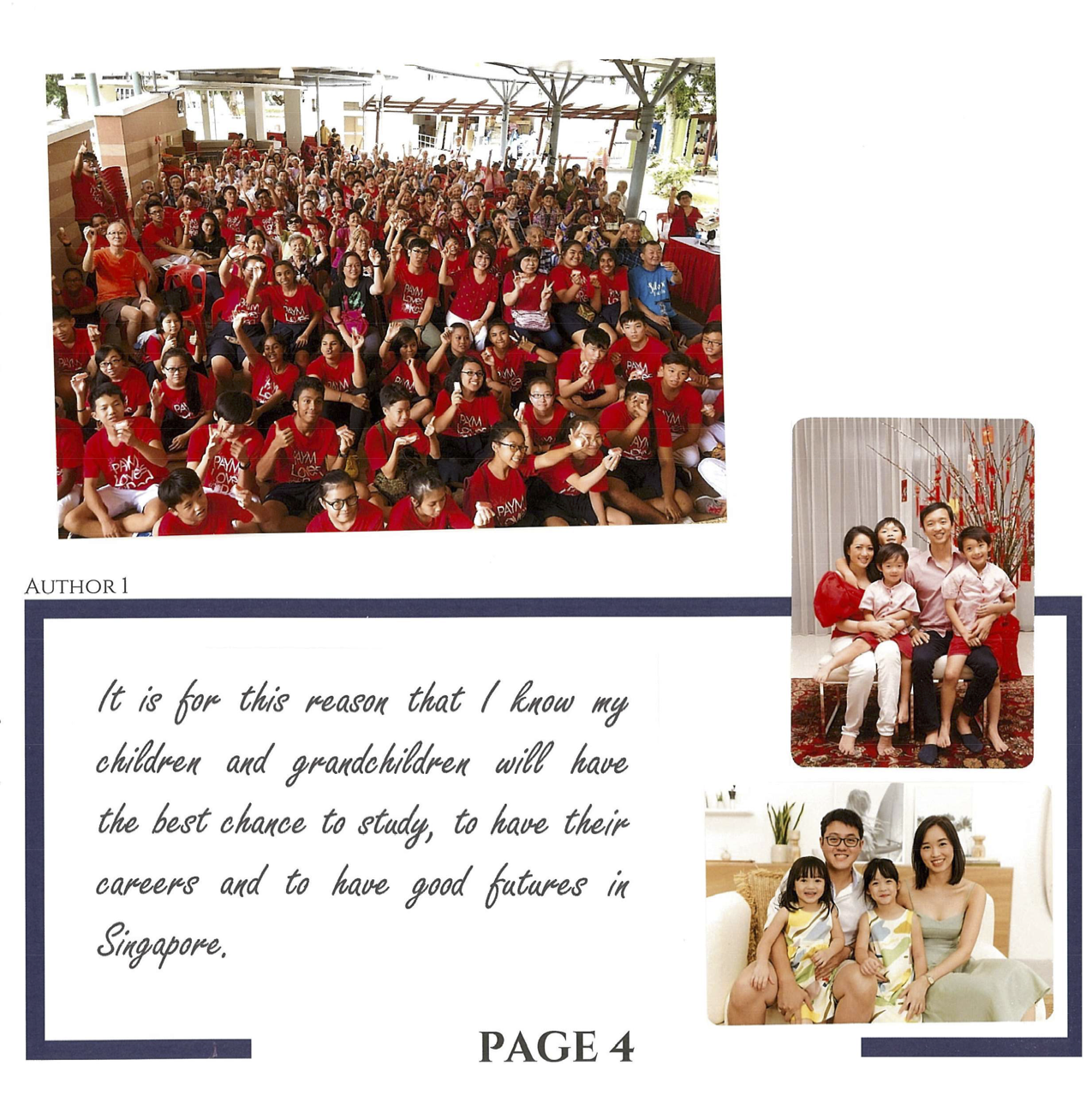
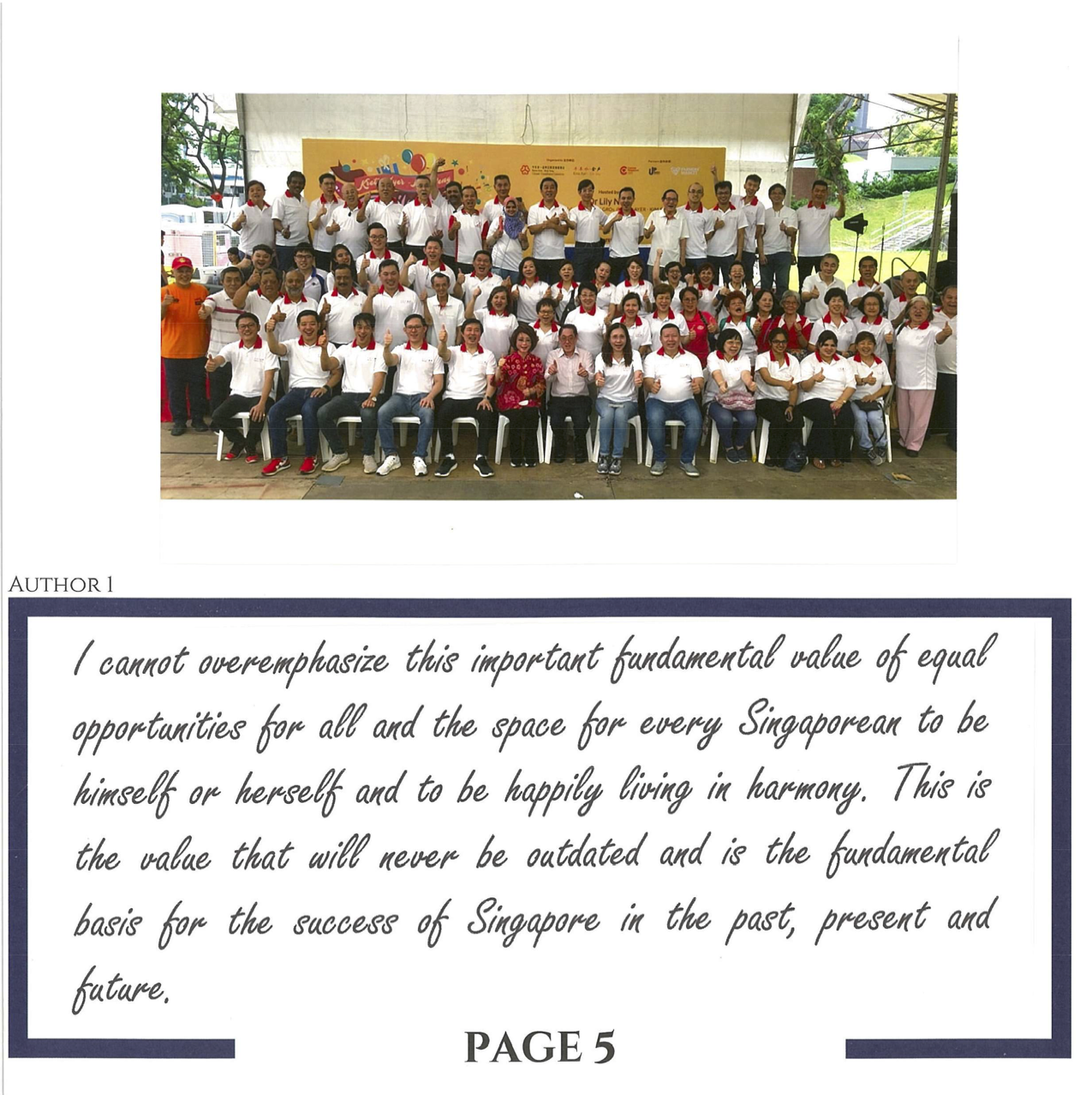
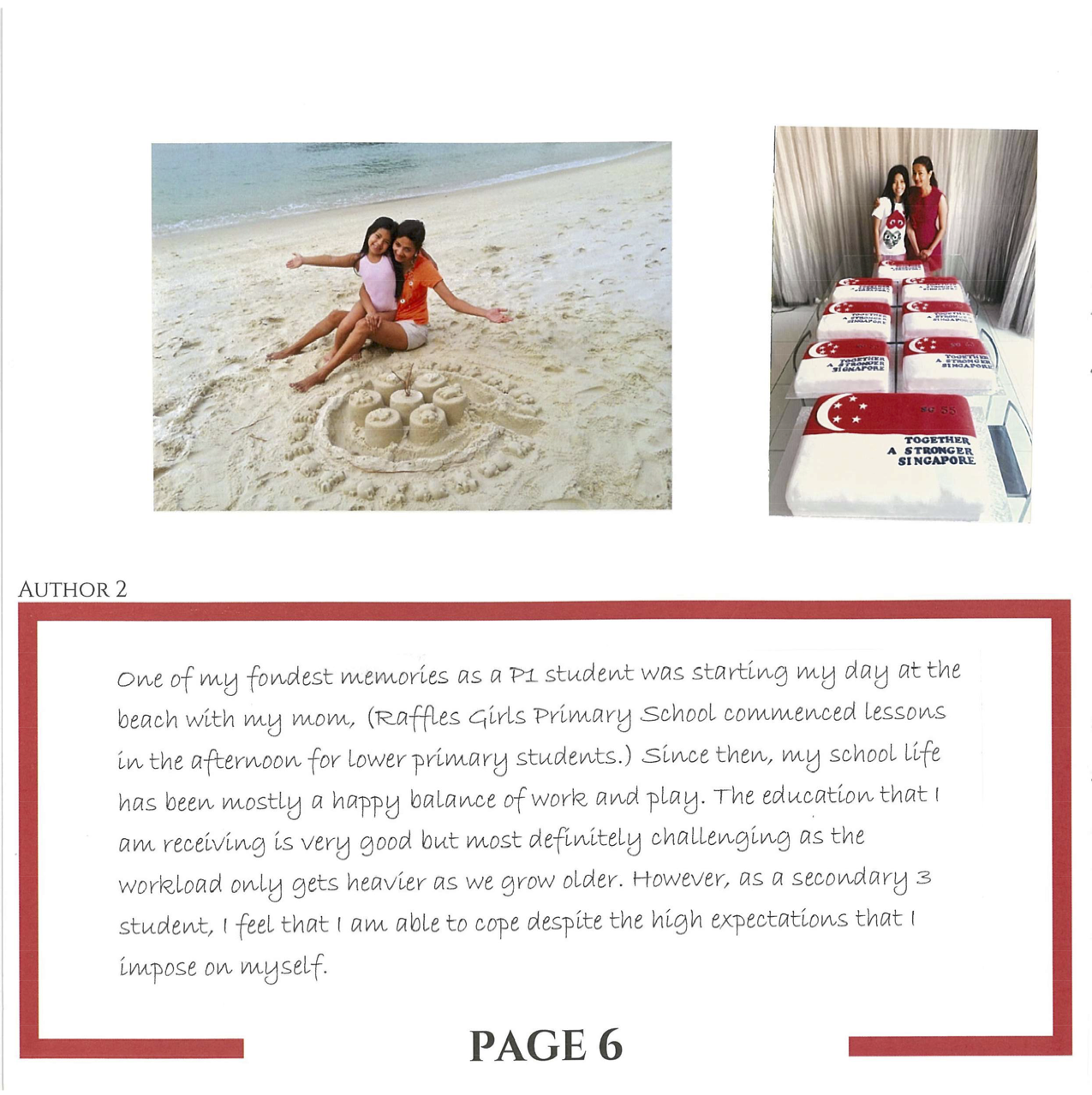
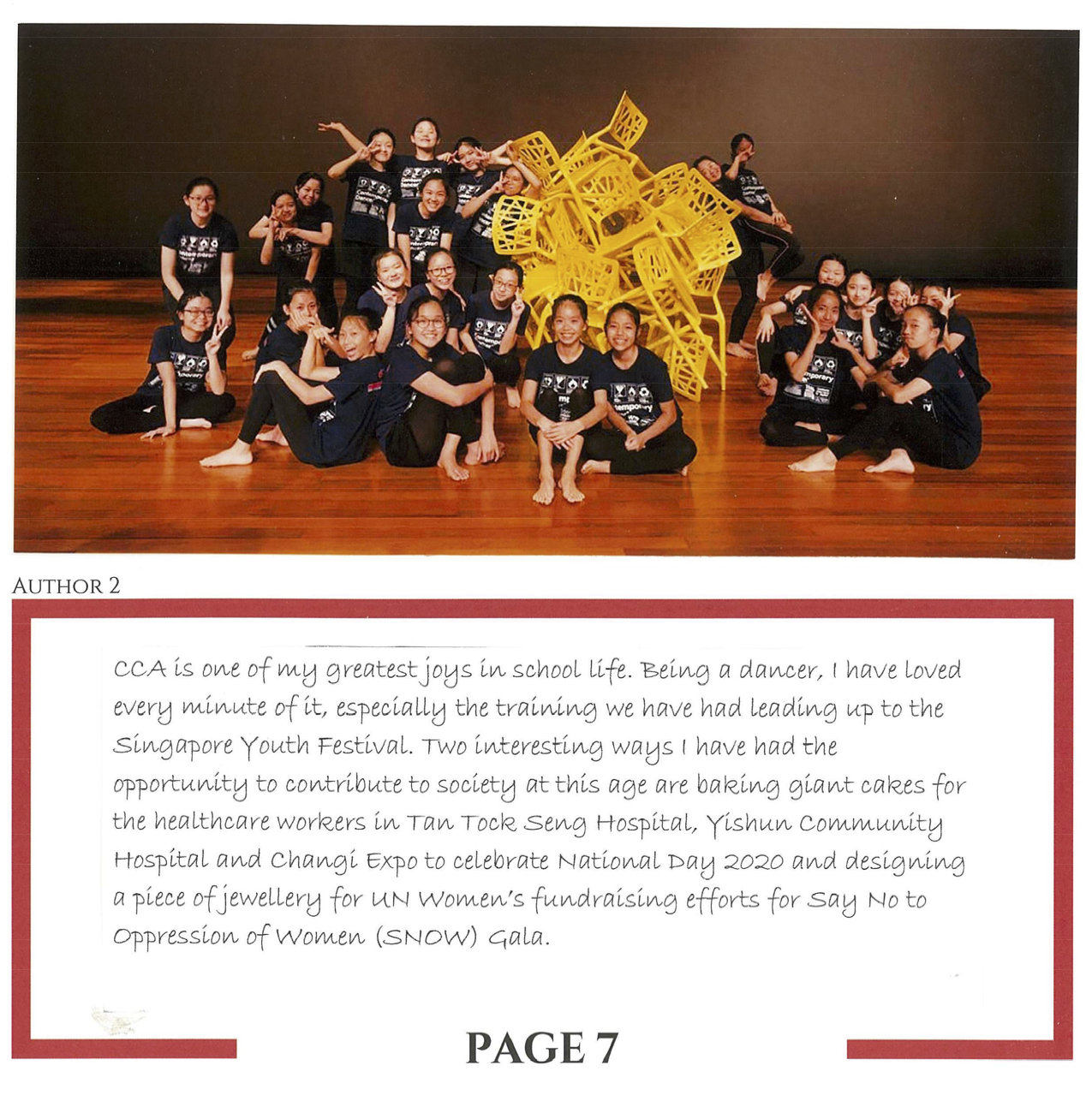
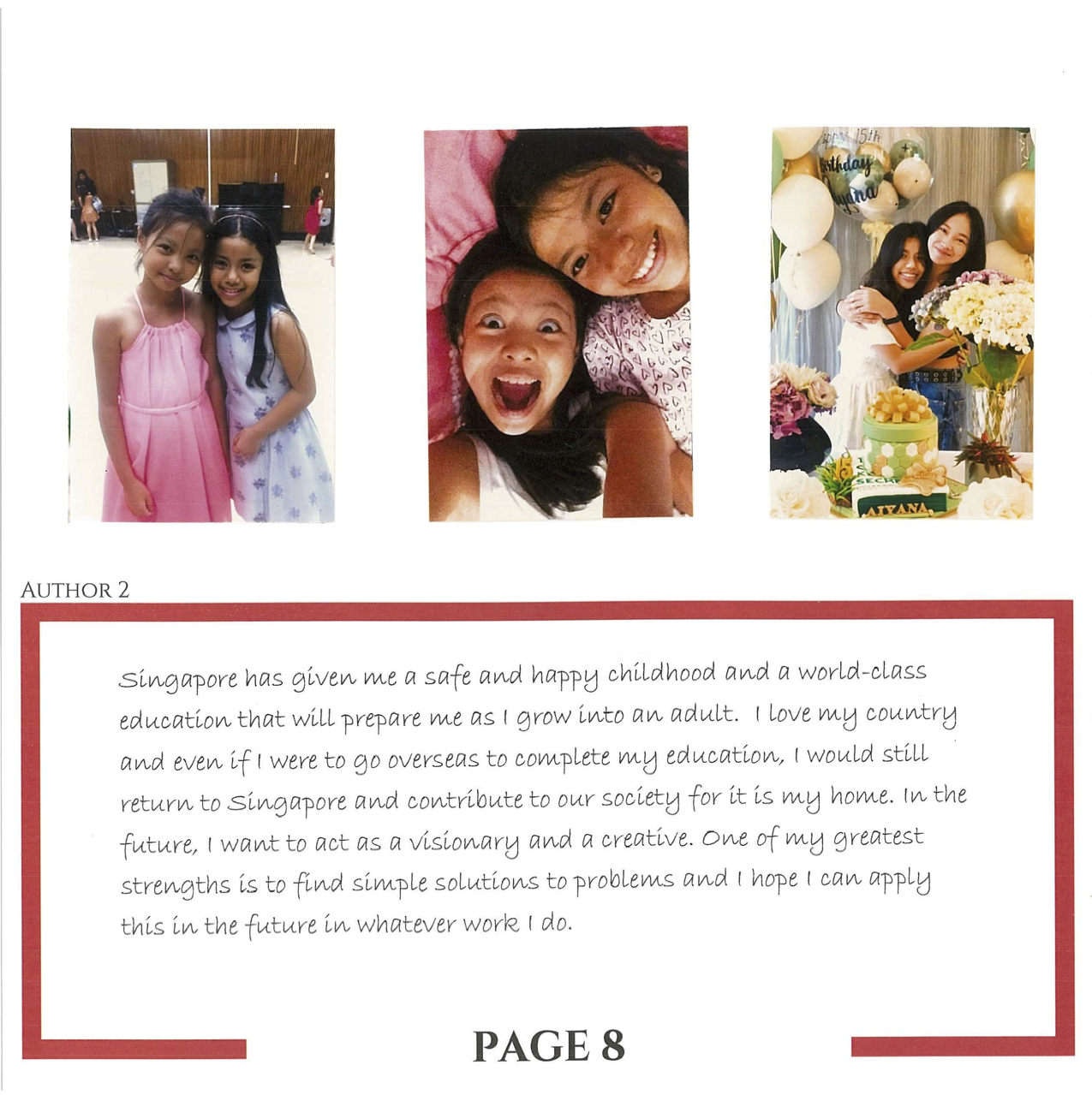
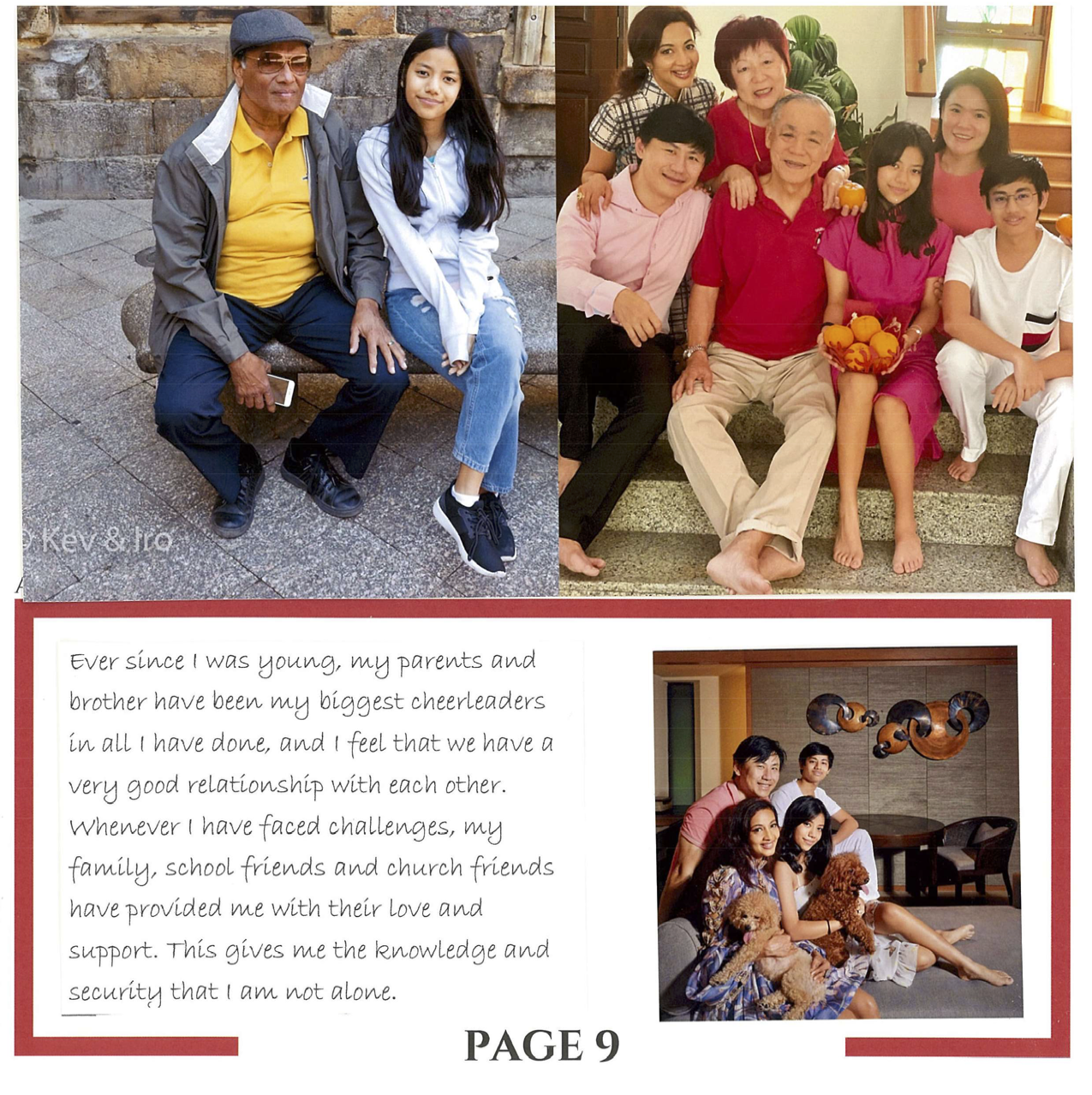
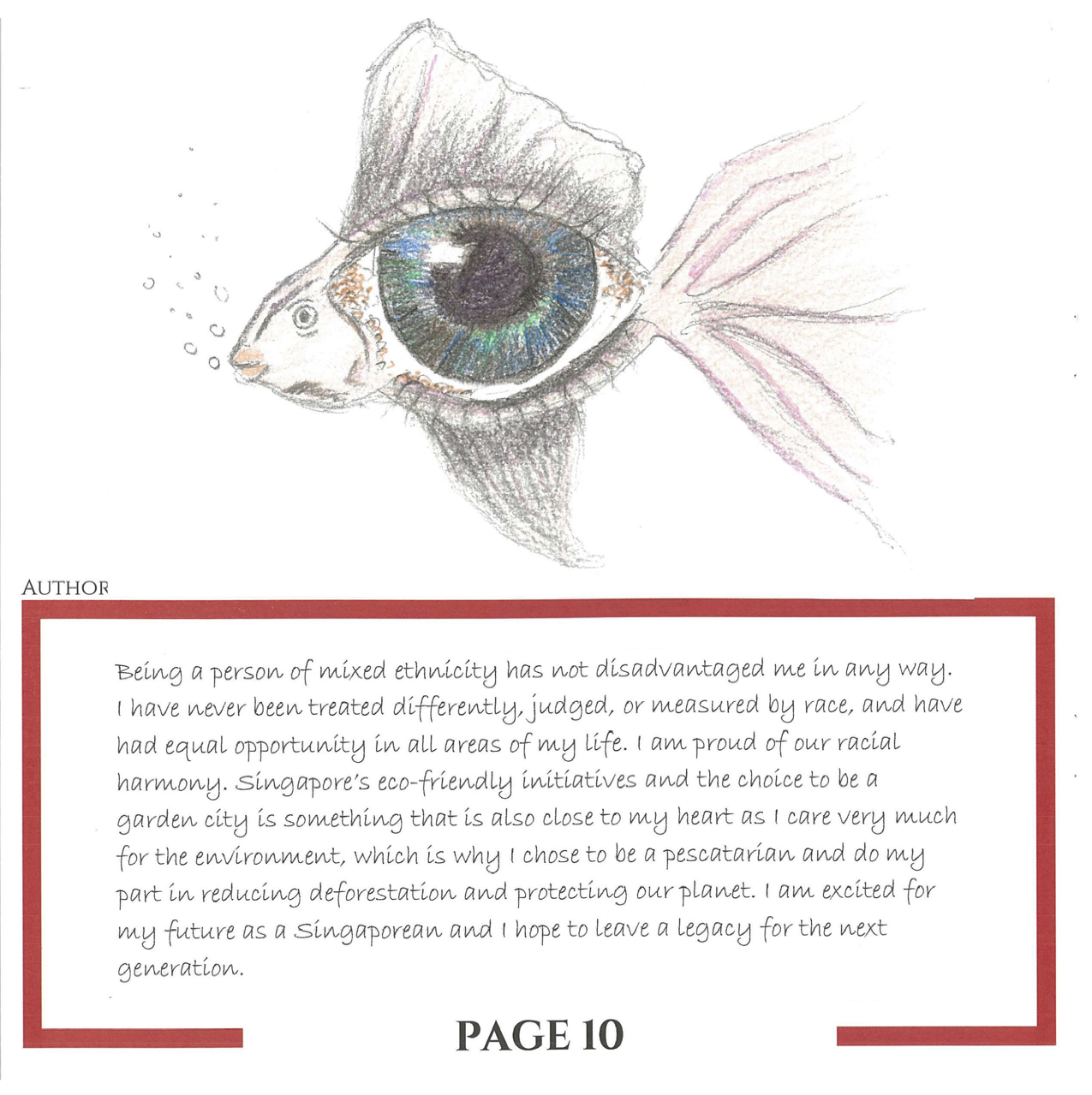
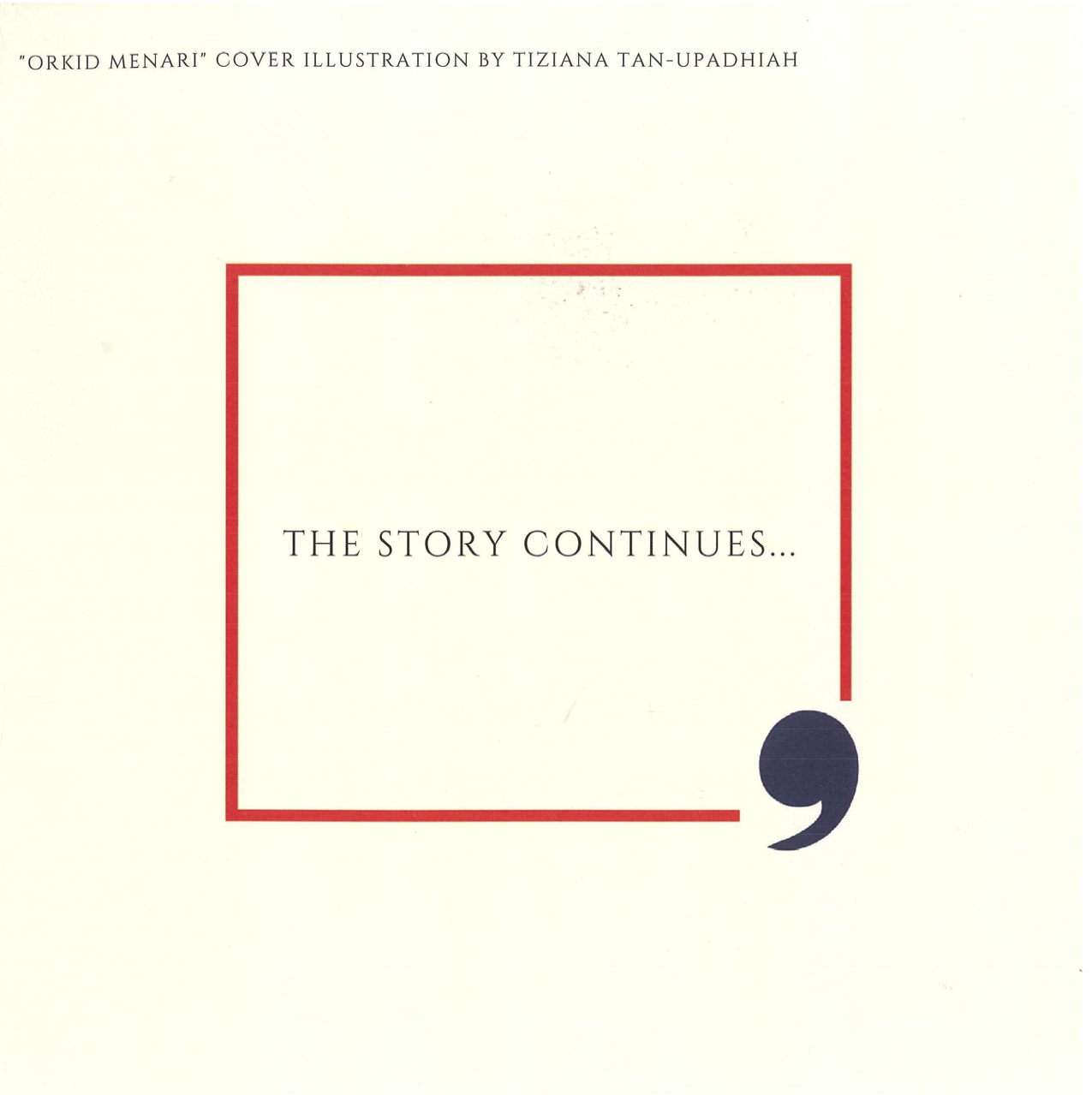
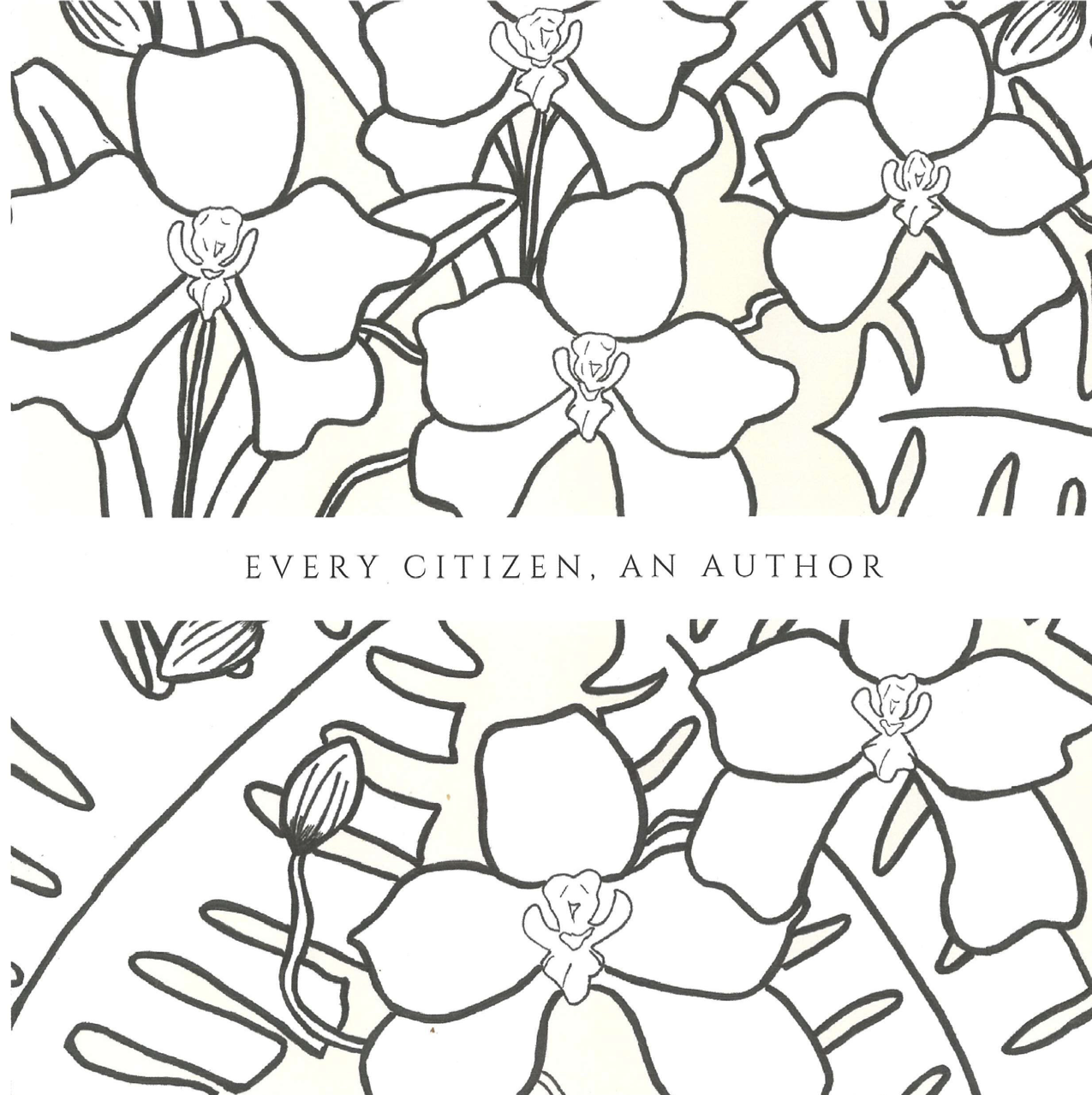
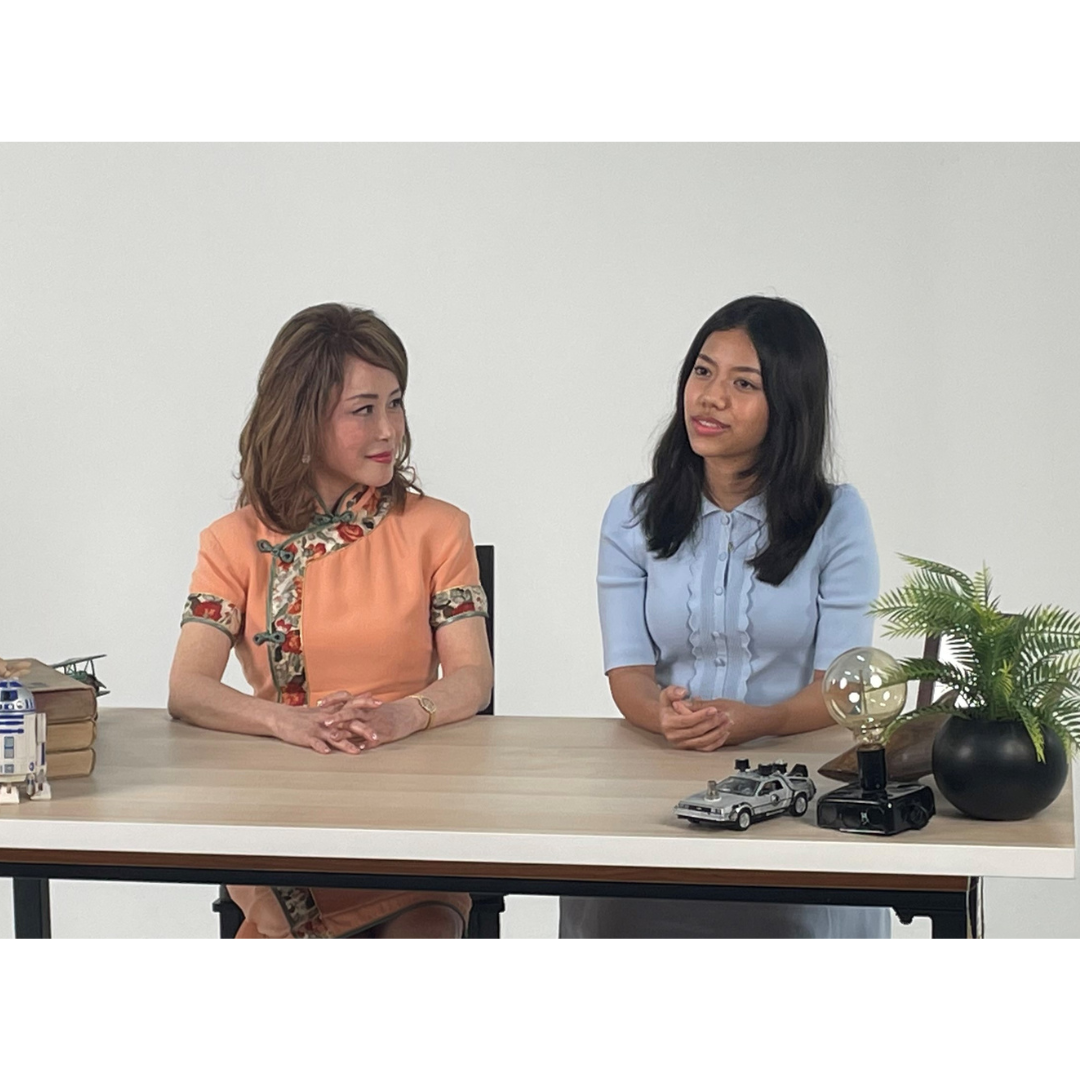
Dr Lily Neo:
I was born in Medan in Sumatra. I lived there till 16 years of age before I went overseas to pursue my studies. All my grandparents came from china. My parents were first generation and I was the second generation of overseas-born Chinese in Indonesia. I remember at the time I spoke mainly Hokkien Dialect at home, especially with my grandparents. Naturally, being Chinese I wanted very much to learn more Chinese language and Chinese culture.
But sadly, I did not get the opportunity. Although I went to an autonomous Chirstian school, the Government policy at the time was a ban on Chinese Language being taught in all schools. Schools could only learn through the Indonesian language. Places in Universities could only be a dream for Chinese students. Chinese were compelled to discard their Chinese names and to adopt Indonesian names. To me, this was unfair forced assimilation treatment of the minority Chinese living in Indonesia. I felt disadvantaged and discriminated.
I was 16 when I left Indonesia. At that time, I knew very little English and could hardly speak the language. I hardly knew any Mandarin also. Nevertheless, I went abroad to study in Penang, later in Melbourne and finally in Ireland. I managed to gain a good grasp of English to even study medicine and qualify as a doctor. It was not easy then and I had to work doubly hard during these years. I put in my very best to make up for my lost opportunity in my growing up years.
I met my future Singaporean husband in Ireland when we were medical students there. We got married and chose to come back to Singapore to settle down. Having visited Singapore many times as a student then, I knew Singapore’s system. I liked and appreciated it. I like the meritocratic system where everyone has an equal opportunity regardless of race, language or religion. I like the mutual respect of all races where everyone is given the space to practice his or her own culture and religion and to be able to retain one’s identity irrespectively.
I went through not only being disadvantaged but also being subjected to tumultuous growing up years in Indonesia. I experienced the Indonesian mass killings of 1965-1966; also known as Indonesian Genocide. I even witnessed my Chinese neighbours being attacked at the time. My family members and I narrowly escaped that tragedy because we hid ourselves well. Having gone through being a minority and being disadvantaged, I understand keenly and I can really appreciate this system of equal opportunities for all here. People in Singapore live in harmony and respect each other regardless of race, language and religion.
It is for this reason that I know my children and grandchildren will have the best chance to study, to have their careers and to have good futures in Singapore.
I cannot overemphasize this important fundamental value of equal opportunities for all and the space for every Singaporean to be himself or herself and to be happily living in harmony. This is the value that will never be outdated and is the fundamental basis for the success of Singapore in the past, present and future.
Aiyana Chua:
One of my fondest memories as a P1 student was starting my day at the beach with my mom, (Raffles Girls Primary School commenced lessons in the afternoon for lower primary students.) Since then, my school life has been mostly a happy balance of work and play. The education that I am receiving is very good but most definitely challenging as the workload only gets heavier as we grow older. However, as a secondary 3 student, I feel that I am able to cope despite the high expectations that I impose on myself.
CCA is one of my greatest joys in school life. Being a dancer, I have loved every minute of it, especially the training we have had leading up to the Singapore Youth Festival. Two interesting ways I have had the opportunity to contribute to society at this age are baking giant cakes for the healthcare workers in Tan Tock Seng Hospital, Yishun Community Hospital and Changi Expo to celebrate National Day 2020 and designing a piece of jewellery for UN Women’s fundraising efforts for Say No to Oppression of Women (SNOW) Gala.
Singapore has given me a safe and happy childhood and a world-class education that will prepare me as I grow into an adult. I love my country and even if I were to go overseas to complete my education, I would still return to Singapore and contribute to our society for it is my home. In the future, I want to act as a visionary and a creative. One of my greatest strengths is to find simple solutions to problems and I hope I can apply this in the future in whatever work I do.
Ever since I was young, my parents and brother have been my biggest cheerleaders in all I have done, and I feel that we have a very good relationship with each other. Whenever I have faced challenges, my family, school friends and church friends have provided me with their love and support. This gives me the knowledge and security that I am not alone.
Being a person of mixed ethnicity has not disadvantaged me in any way. I have never been treated differently, judged or measured by race, and have had equal opportunities in all areas of my life. I am proud of our racial harmony. Singapore’s eco-friendly initiatives and the choice to be a garden city is something that is also close to my heart as I care very much for the environment, which is why I chose to be a pescatarian and do my part in reducing deforestation and protecting our planet. I am excited for my future as a Singaporean and I hope to leave a legacy for the next generation.
